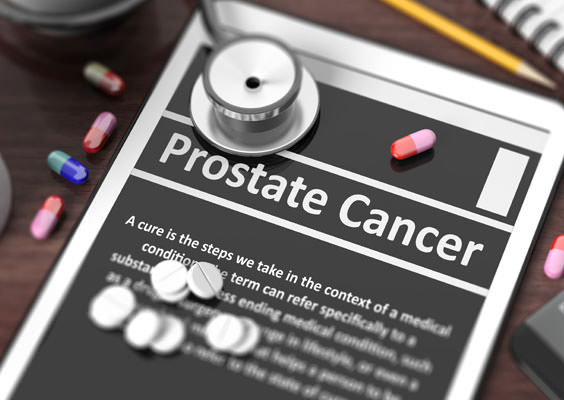
If you have prostate problems, your options for treatment are pretty limited — at least according to mainstream medicine.
The chances are if you have an enlarged prostate, your doctor will give you advice like… “go to the bathroom when you feel the urge”… or “don’t drink a lot at once.”
Or they’ll prescribe medication. But these synthetic drugs have a history of nightmarish side effects for someone already dealing with an unpredictable prostate.
Many of the drugs you’ll be prescribed also decrease sex drive and in many cases cause impotence.1
And if you have surgery, there’s a risk you’ll be saying goodbye to your sex life for good.
Don’t get me wrong, sometimes surgery can be the right course of action. But surgery is extremely profitable, and too many doctors these days are “knife-happy.” They rarely consider other, safer options first.
But what you shouldn’t do is ignore an enlarged prostate. This is important, because prostate cancer kills almost 30,000 men each year.
Naturally Protect and Treat Your Prostate
Today, I’m going to tell you about the ways you can protect your prostate and even treat an enlarged one — naturally and without side effects.
For years, we’ve known about the benefits of tomatoes for prostate health from animal studies. But it wasn’t clear how tomatoes worked in humans.
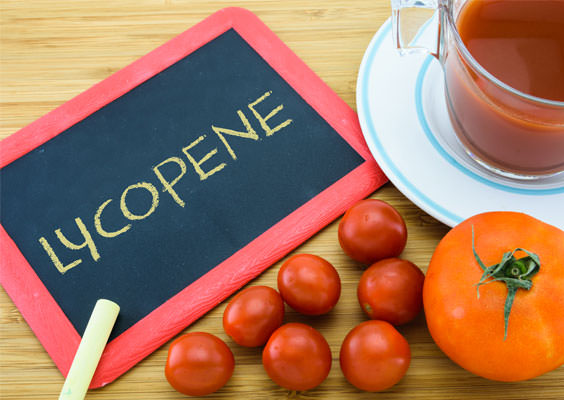
Recently, a team of Chicago researchers figured out how to trace lycopene, the red carotenoid found in tomatoes, as it moves through the human body.
They could see how it was absorbed, how it got distributed through cells and how it was metabolized.2
It’s the most in-depth study that’s ever been done on how our bodies use lycopene. This is exciting, because very soon we’ll be able to make lycopene into an even more effective prostate cancer treatment. And prevent
it entirely.Lycopene is Just the Beginning
Here’s what I recommend to my patients to reduce prostate cancer risk:
- Get More Carotenoids: Lycopene is one of five cancer-fighting carotenoids. The others are alpha-carotene, beta-cryptoxanthin, lutein and zeaxanthin.
To help prevent cancer, aim for a minimum of 6 mg a day of each carotenoid. The best way is to eat more orange, red and yellow fruits and vegetables. Watermelon, tomatoes, cantaloupe, peaches, oranges, and yellow, orange or red peppers are good sources. And when you’re on the go, drink vegetable juices instead of fruit juices or sodas.
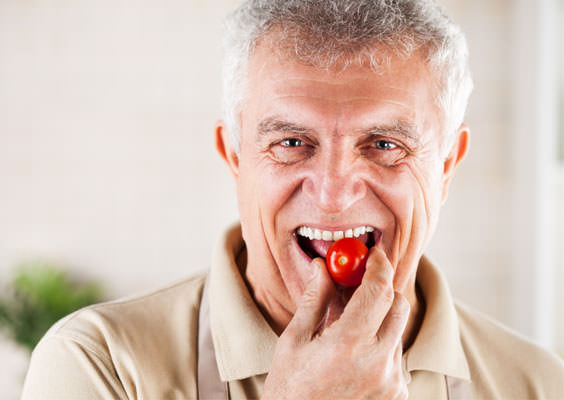
You can also take a mixed carotenoid supplement. Double the dose on the bottle if you have had cancer or have an increased family risk for the disease. For best results, store them in your fridge and take them with food.
- Make Way for Boron: This little-known mineral is a prostate’s best friend.
Studies have shown that boron has preventative power against prostate cancer. Men with more boron in their diet were 64% less likely to develop prostate cancer than those with just a little in their diet.
It can also treat existing prostate cancer. Clinical studies reveal that boron significantly shrinks prostate tumors and PSA (prostate-specific antigen) levels in mice.3
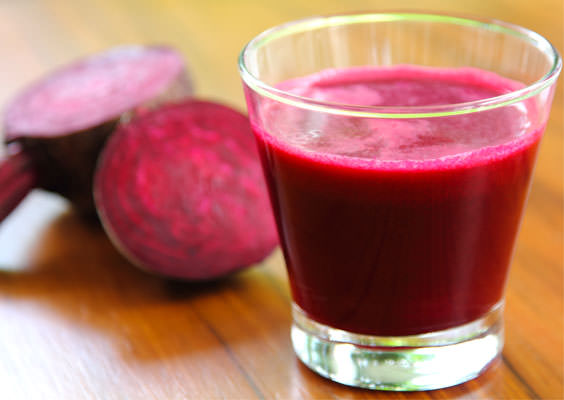
You can eat nuts, plums, red grapes, raisins, apples, pears and avocados to get more boron. Beet juice is also an option. But for a surefire way, take a daily supplement with 3-6 mg of boron.
- Take Bee Pollen: Remarkably, this plant “seed” reduces DHT, a hormone that enlarges your prostate. Japanese researchers looked at the effects of bee pollen on prostate function and found something incredible.
They discovered that bee pollen:
- Dropped residual urine by 92%;
- Improved urine force and flow by 86%;
- Decreased the need to urinate at night by 85%;
- Dropped the feeling of strain during urination by 56%.4
Bee pollen can even make prostate cancer cells kill themselves.5
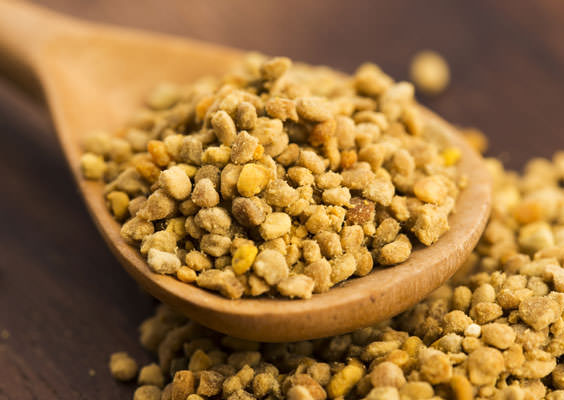
I recommend 1,500 mg a day of bee pollen extract split into three doses before meals. Just make sure it’s the extract and not the granules. The granules can cause allergic reactions, but the extract supplements over at Graminex are allergen-free.
To Your Good Health,

Al Sears, MD, CNS
1“Enlarged Prostate,” Medline Plus
2Nancy E. Moran, Morgan J. Cichon, Elizabeth M. Grainger et al. “Compartmental and non-compartmental modeling of ¹³C-lycopene absorption, isomerization, and distribution kinetics in healthy adults.” American Journal of Clinical Nutrition. November 11, 2015, doi: 10.3945/ajcn.114.103143.
3Gallardo-Williams, et al. “Effects of boron supplementation on morphology, PSA levels, and proliferative activity of LNCaP tumors in nude mice,” Proceedings of the American Cancer Association, 43(2002):77.
4Hayashi J, et al. “Clinical evaluation of Cenilton in BPH.” Hinyokika Kiyo. 1986 Jan; 32(1):135-41.
5Wu YD, Lou YJ. “A steroid fraction of chloroform extract from bee pollen of Brassica campestris induces apoptosis in human prostate cancer PC-3 cells,” Phytother Res. 2007 Nov;21(11):1087-91.
